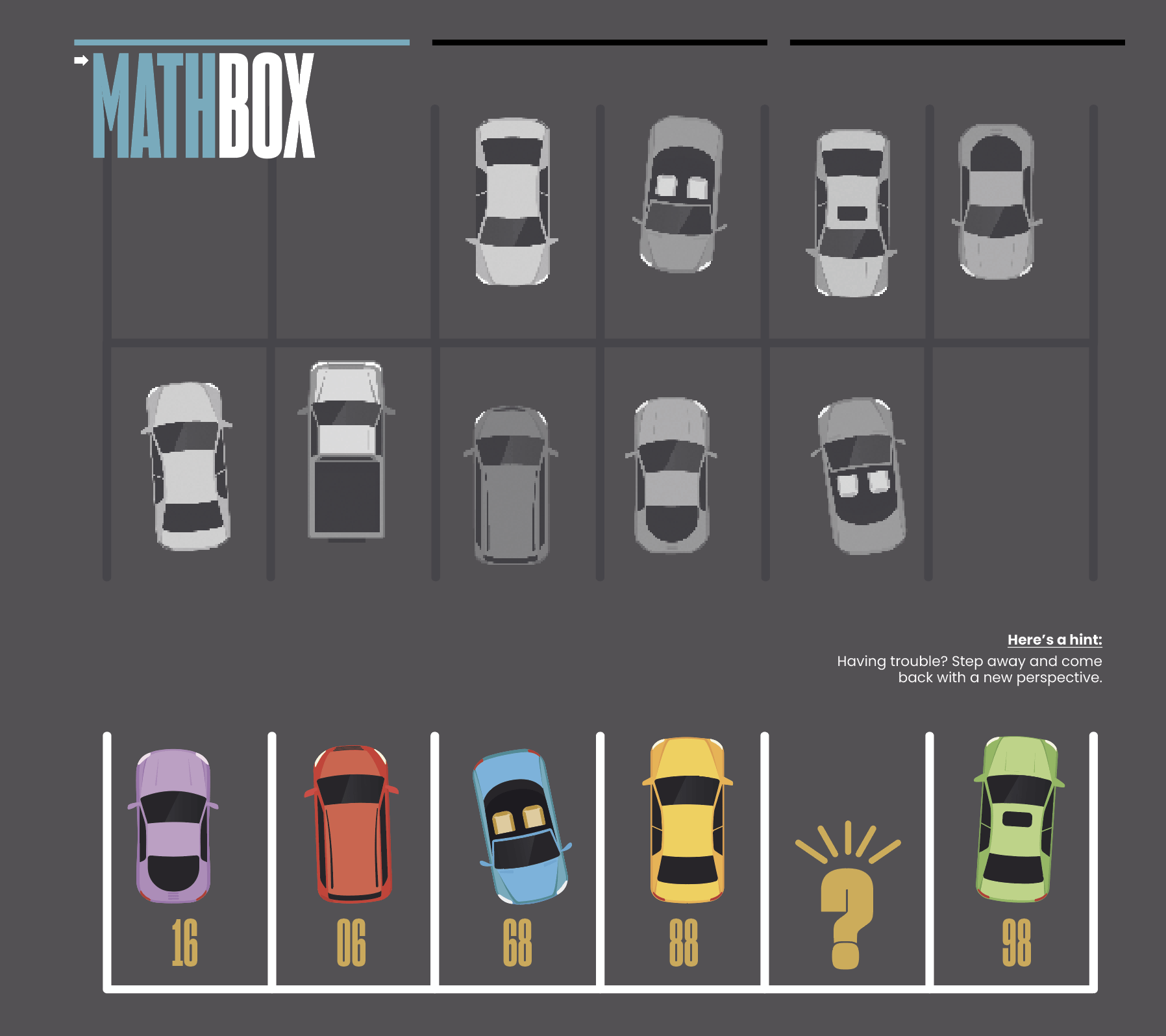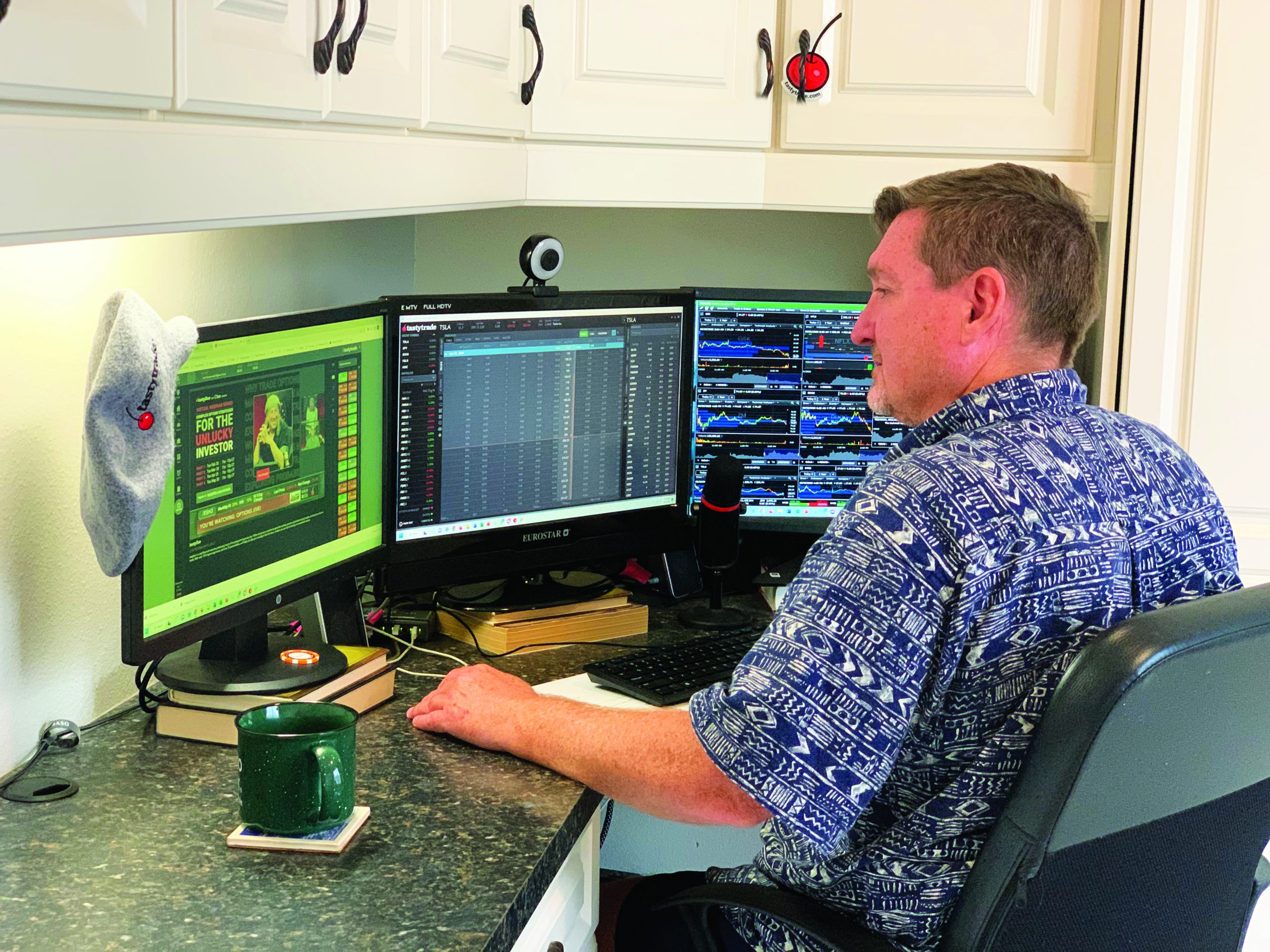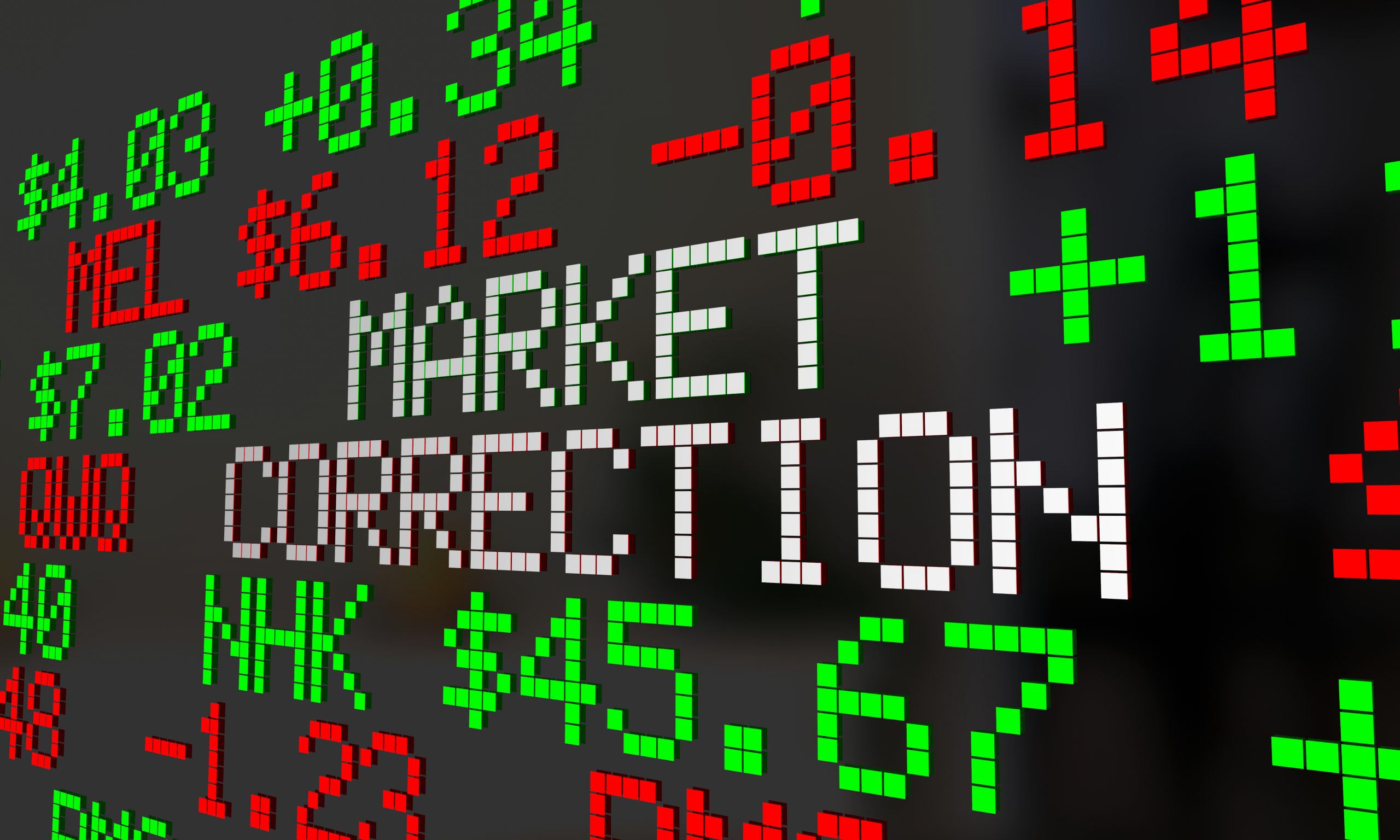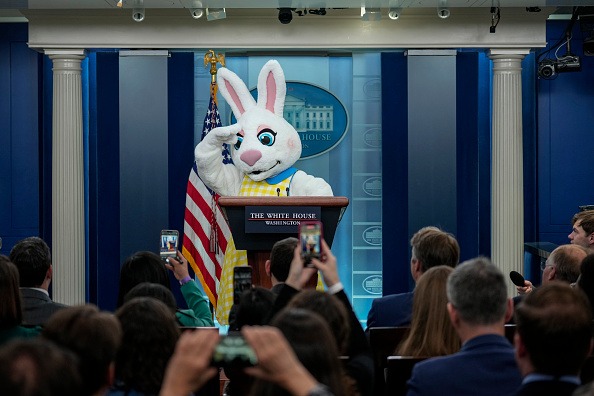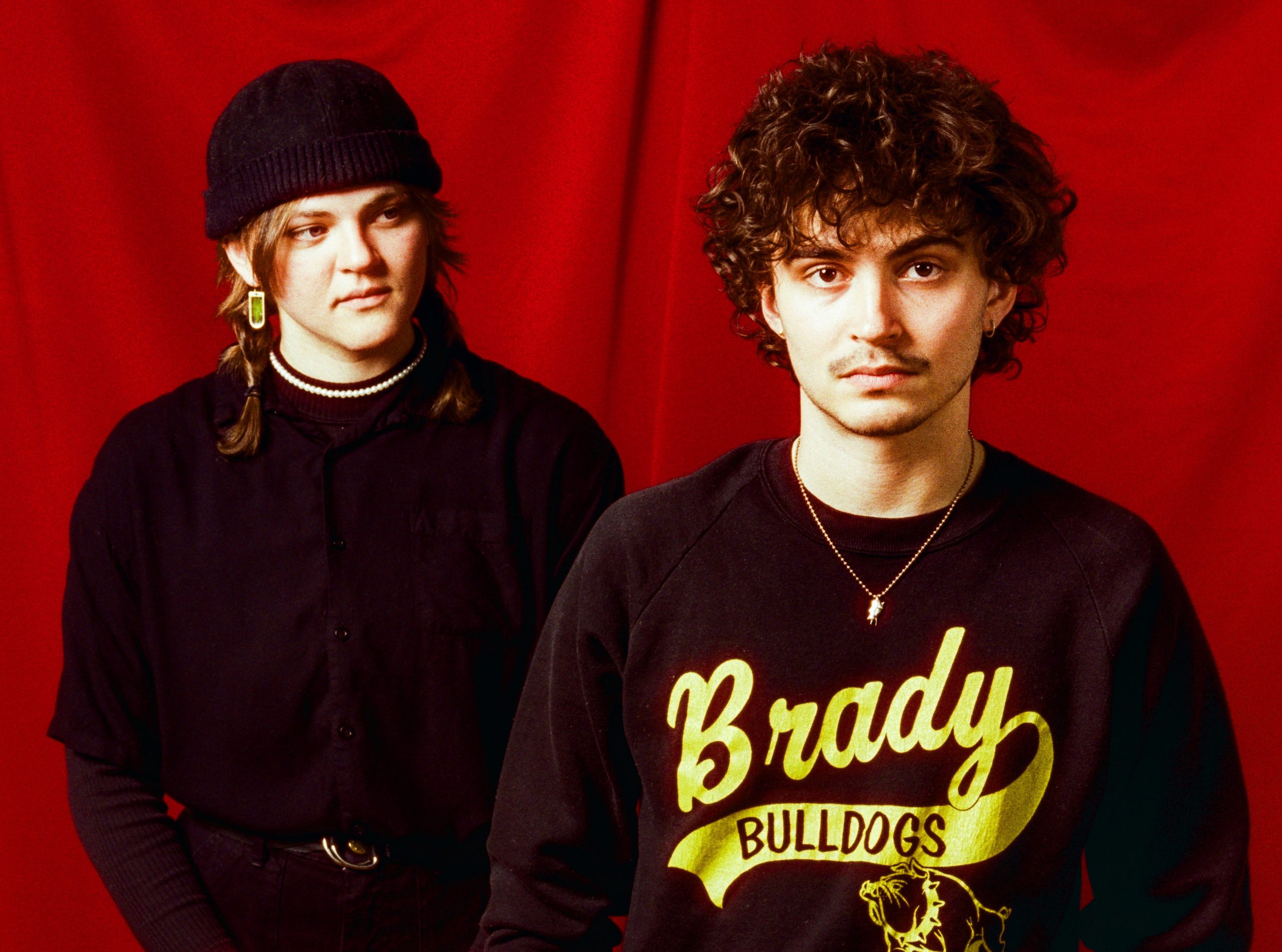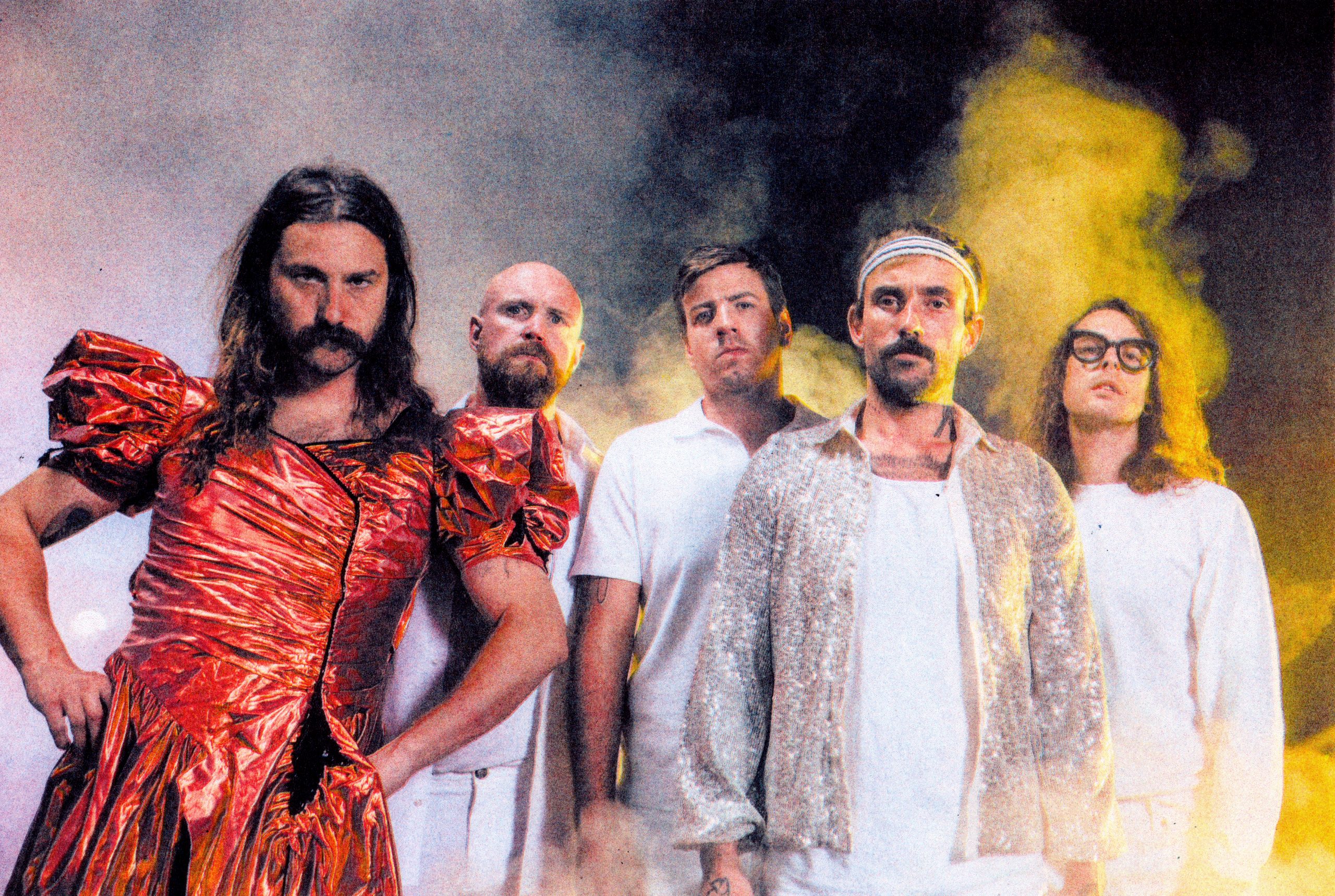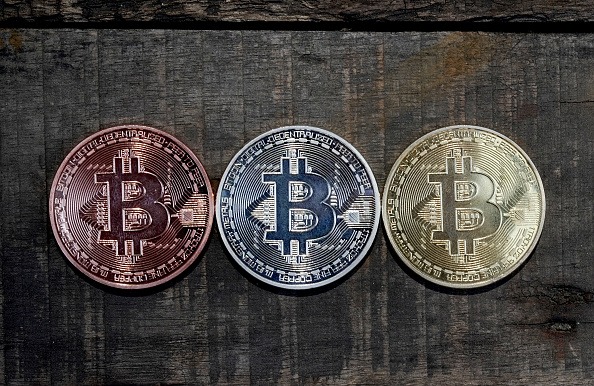Finally, a New Generation of Risk Takers
In early July, The New York Times ran a story critical of the Robinhood trading app for enabling young and often inexperienced investors to trade in “risky” financial products. Financial innovator and educator Tom Sosnoff says those concerns are exaggerated and sees the upside of the new generation’s millions of investors taking stock in themselves—and their financial futures—for the first time.
I’ve been on this mission for 20 years now and always knew that some generation would embrace trading before their hair turned silver. I just didn’t know why. It turns out the pandemic—the risk equivalent of 20 standard-deviation fat-tail, black-swan events—created havoc with the traditional perception of predictable risk. A series of unforeseen biological events has introduced much of the world to active risk management techniques.
For decades I’ve been telling people that I’m a trader, and they almost always ask the same question: “Yeah, but what’s your real job?” I’m excited to see non-traditional growth in a traditional industry with educators like tastytrade and free apps like dough, Robinhood and others helping to lead the charge.
The continued contraction of absurd “advisory” fees, trading costs and commissions is great for consumers. Unfortunately, financial media and much of the rest of the industry want to see the Robinhoods and other disruptors fail, and I don’t get it. Trust me, even the free, no-strings-attached investor education platform at tastytrade doesn’t get much love!
Everyone seems to relish talk of the danger of new financial platforms that enable entry and level the playing field for smaller and newer investors, both from a know-how standpoint and a technology standpoint. Whether it’s challenger banks, robo-advisors or app-based brokerages, the only press is bad press. Still, make no mistake, this high growth space has become a legit outlier and a success story of incredible proportions.
“Twenty-five million more people are interested in finance and trading today because of financial start-ups.”
I’ve never seen so many companies in one sector engage an entire generation despite formidable technical issues and a lack of revenue caused by a drop in interest rates to practically zero. Trading apps have involved a generation in a way I thought was doable but just couldn’t figure out how to get done.
Here’s the bottom line: 25 million more people are interested in finance and trading today because of these financial start-ups. It’s time to stop the nonsense about the dangers of investing and trading when you don’t know what you’re doing. That’s spewed by clueless financial editors and supported by jealous legacy competitors who live in the Dark Ages.
First, nobody knows what the markets are going to do next, so enough with the “expert knows best” garbage. Second, financial start-ups are criticized for encouraging beginners to throw spaghetti against the wall and see what sticks. Think that’s crazy? How do you think every one of us started trading? The people running Citadel, Susquehanna, Wolverine, Peak 6 and most every successful private trading firm and hedge fund in the world began their careers in a fog of uncertainty.
I had no clue what I was doing in 1980 when I started trading, and I was doing the same thing young traders are doing today when they trade on apps. I made money on my first options trade and then lost it all on my next 10 trades. Most of the amazing talents in today’s world of finance started out the same way. It’s fine to learn the markets by trading, to learn to take risk—getting into the game and making money or losing money.
We were missing a generation. Learning about markets, trading and taking risk has so many benefits it’s likely that the next generation of superstar entrepreneurs and investors just made their first stock trade through the new consumer-centric trading platforms. The world of finance is changing, and the simplicity of app-based technology is convenient and engaging. A hidden universe of traders and investors has finally been set free to trade and invest as they see fit. It’s one of the best things to happen to finance in decades.

Tom Sosnoff, an online brokerage innovator and financial educator, founded thinkorswim in 1999, started the financial media firm tastytrade (which owns this publication) in 2011, and launched
brokerage firm tastyworks in 2017. He serves as co-CEO of tastytrade and appears daily on the tastytrade financial network. @tastytrade


